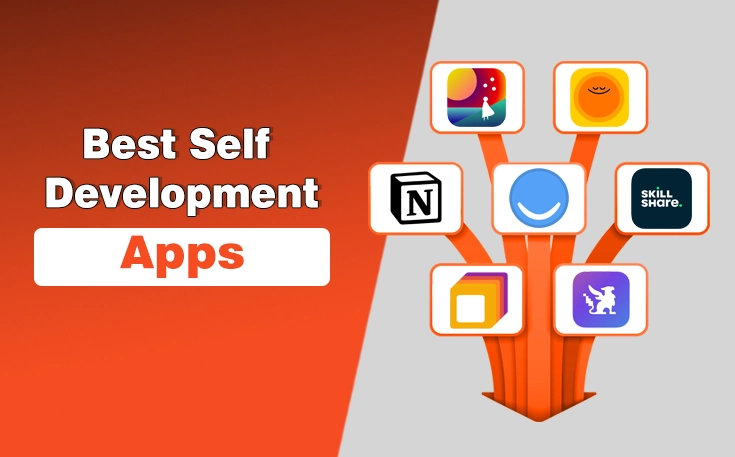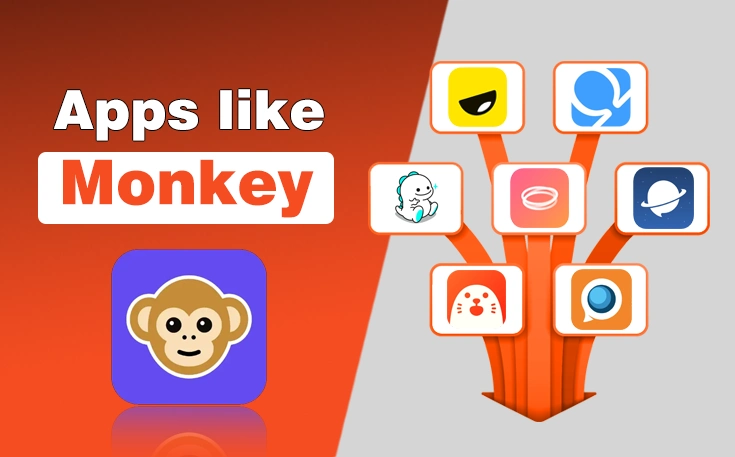Artificial Intelligence (AI) has improved customer experience and business structure since its launch. Before the course time, customers asked queries about the brand, and a customer care representative from the team used to answer these queries.
However, customers can ask queries from the brand, but now an AI chatbot will answer instead of a person. Customers will get their solutions with more accuracy and in less time. The customer care section has been replaced with AI chatbots.
Thus, it provides a better user experience to the customer. In this article, we will talk about how businesses improve customer experience with artificial intelligence.
What Is Artificial Intelligence (AI)?
Artificial intelligence is a discipline that utilizes computer science and extensive datasets to tackle complex issues. It innovated how we handle business and improved conversion rates by building customer trust and providing accurate information.
Tactics How Businesses Improve Customer Experience With AI
With the passage of time, it is essential for businesses to adopt AI for their mundane task to provide accuracy and save time. Here, you will get some effective tips on how businesses improve customer experience with the use of AI:
1. Improved Personalization
Personalization experience can be a proven tool to keep and retrain customers in a highly competitive world. AI chatbots are helpful tools for providing a personalized experience to customers based on their preferences and behavior patterns.
With the help of AI algorithms, businesses can tailor product recommendations, marketing messages, and offers to individual customers. The level of personalization experience is capable of driving customer satisfaction.
AI is also changing influencer marketing by providing them with essential insights into the requirements and needs of their targeted audience.
2. Intelligent Chatbots
The days are gone when you have to wait in long queues to speak with a customer service representative. Artificial Intelligence has revolutionized customer support by providing instant and efficient assistance.
These chatbots have the capacity to handle customer queries and resolve issues. Moreover, they can provide relevant information quickly. They are improving their performance by learning from customers’ interactions.
Natural language processing and machine learning (ML) are keys in this regard. This is effective in saving businesses time and providing a personalized customer experience.

3. Predictive Analysis
Predictive analysis is an actionable tool to provide customers with their required products and services. AI enables businesses to harness the strength of predictive analytics by anticipating customer needs and behavior accurately.
AI-driven chatbots are able to predict future trends, customer preferences, and buying patterns by analyzing historical data. That valuable insight helps businesses optimize their product offering and marketing strategies to higher customer satisfaction.
Ultimately, it will increase conversion rates. In addition, AI-driven predictive analytics are useful in identifying potential issues in customer journeys. This allows businesses to face these issues before they become major concerns.
4. Streamlined Sales Processes
Streamlined sales processes powered by AI chatbots are leading to improved customer experiences. AI-driven chatbots are capable of automating lead generation and qualification that allow sales teams to focus on high-value activities.
AI algorithms can identify potential customers by analyzing customer data and behavior to prioritize leads. In addition, it provides sales teams with actionable insights to perform certain tasks.
This type of automation and data-driven approach not only speeds up the sales cycle but also ensures that sales interactions are relevant and personalized. This process results in higher conversion rates and customer satisfaction.
Read More: Tips for Creating Content for Voice Search SEO
5. Voice Recognition and Natural Language Processing
Voice recognition and natural language processing technologies have renewed how businesses interact with customers. Companies are free to use AI-powered voice assistants, such as Google Assistant and Siri, to offer intuitive customer experience.
Thus, voice-activated devices allow customers to interact with businesses easily, enabling tasks such as placing orders and making queries or receiving support using natural language to improve conversion for your website.
This technological process not only saves customers’ time but also provides businesses with opportunities to collect voice data. In addition, they are able to refine their offerings based on customer preferences by using gathered voice data.
6. Sentiment Analysis and Social Media Monitoring
Businesses have achieved access to a huge amount of customer feedback and sentiment data with the rise of social media. AI-powered sentiment analysis tools can analyze social media posts and online discussions to gauge customer sentiment toward a product, service, or brand.
This invaluable information allows businesses to identify areas for improvement, address customer concerns, and enhance customer satisfaction. In addition, social media monitoring tools powered by AI algorithms can quickly identify and respond to customer queries and complaints.
Businesses are capable of building stronger relationships and demonstrating their commitment to customer service excellence with the help of AI Avatars as well as by engaging with customers on social media platforms.
Conclusion
These are the details about how businesses improve customer experience with AI. We have mentioned all the essential points in this article as artificial intelligence, with its amazing NLP techniques and machine learning technologies, offers massive perks.
You can utilize their potential to bring personalization into your strategies. Above all, predictive analysis can help you determine the upcoming trends. In this way, you can work on them to capture the market and generate more leads.
Just understand your requirements and have your hands on important AI tools. In this way, you can pave your path to immense success.





